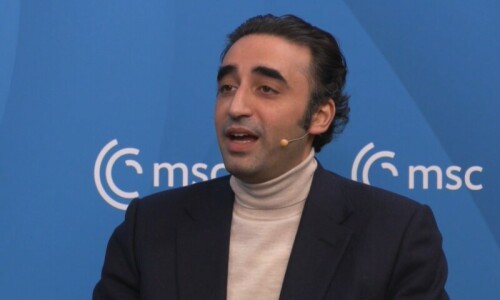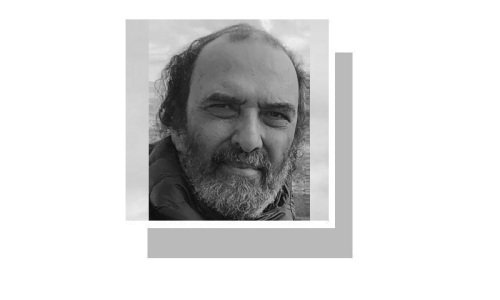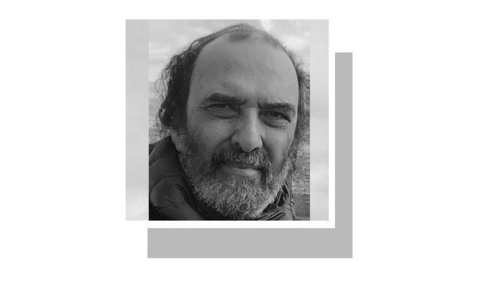RAWALPINDI: Expressing concern over growing eye diseases in Pakistan, the Al Shifa Trust President retired Gen Rehmat Khan has proposed to the government to upgrade the existing eye care facilities and construct state-run eye clinics at every basic health unit to provide primary eye treatment to patients who cannot afford costly private facilities.
Talking to journalists, the Al Shifa Trust president offered to train doctors and paramedics at trust school of ophthalmology.
“Only private sector cannot cope with the challenge of increase in eye patients, it’s time to mobilise resources at the government level,” he said.
By 2050 as the population will be doubled, the number of eye patients will also be increased accordingly. Only the private sector cannot handle the situation.
Pakistan Bureau of Statistics in it’s 7th Population and Housing Census-2023 revealed that if the growing rate of 2.55pc continues ,Pakistan’s population will be doubled by 2050 reaching to approximately 500 million, he said.
“With such a increase in population the number of eye patients will also be doubled almost,” said Rehmat Khan.
He said that Al Shifa Trust has treated 29 million patients in the last 30 years as Al Shifa Trust performs 9.000 surgeries monthly at it’s Rawalpindi, Chakwal, Kohat, Muzaffarabad, Sukkar and Gilgit hospitals.
He said that under construction Gilgit-Baltistan hospital is providing services to the public. Al Shifa Trust treats 80 percent patients free of cost.
“The trust also runs one of the widest spread outreach programmes for the prevention of blindness in the country. Throughout the year school screening, free eye camps, awareness and primary eye care sessions, are arranged in far flung areas of the country,” he said.
He said that ignorance and poverty prevent people from visiting doctors, the blindness is rising, especially amongst poor rural people. He said eye care facilities were mostly concentrated in big cities and in many districts and towns there are simply no government-run eye care facilities.
He said it was the need of the hour that every basic health unit must have a proper eye screening setups.
Gen Rehmat said that approximately 4pc of the world’s blind live in Pakistan. About 2.2 million people are completely blind, many have limited access to eye care.
“With 90pc of the world’s visually impaired living in developing countries, Pakistan is no exception to this on-going global healthcare challenge. The combination of ageing, diabetes and growing population has significantly increased the number of people with vision impairment,” he said.
He said that there was an enormous financial burden of vision impairment in countries such as Pakistan which despite making many advances in addressing eye conditions cannot progress enough to keep pace with the growing population’s eye care needs.
Published in Dawn, January 28th, 2025

















































Dear visitor, the comments section is undergoing an overhaul and will return soon.